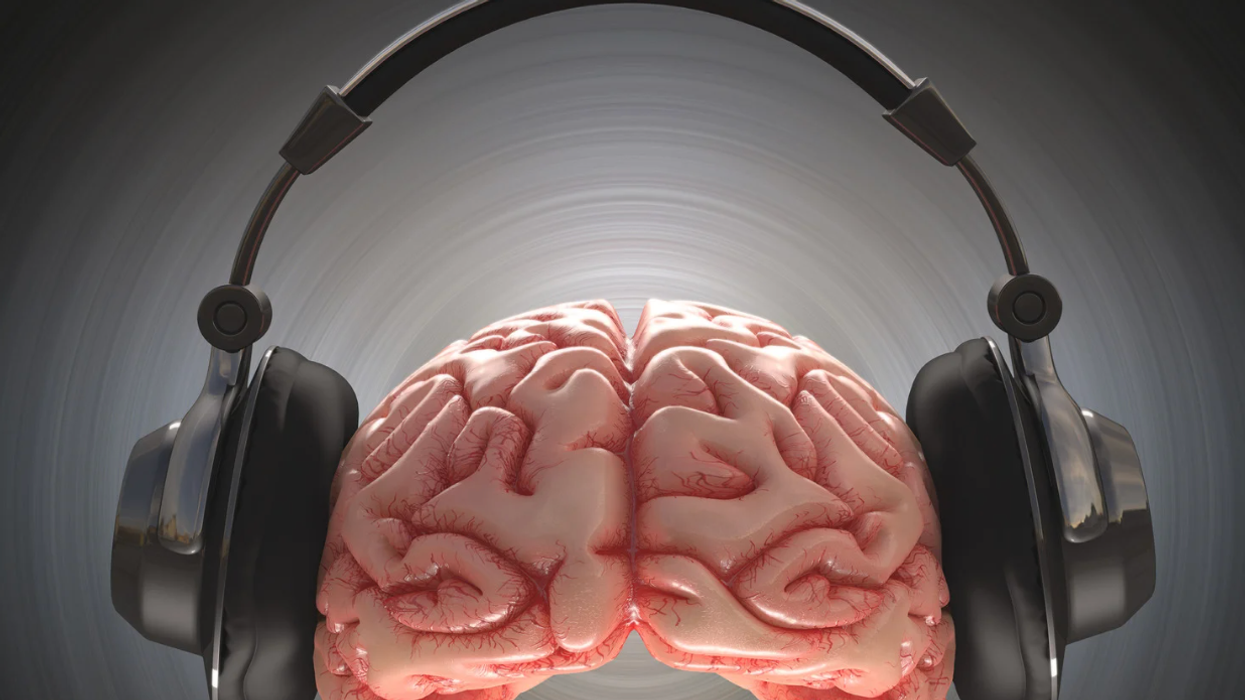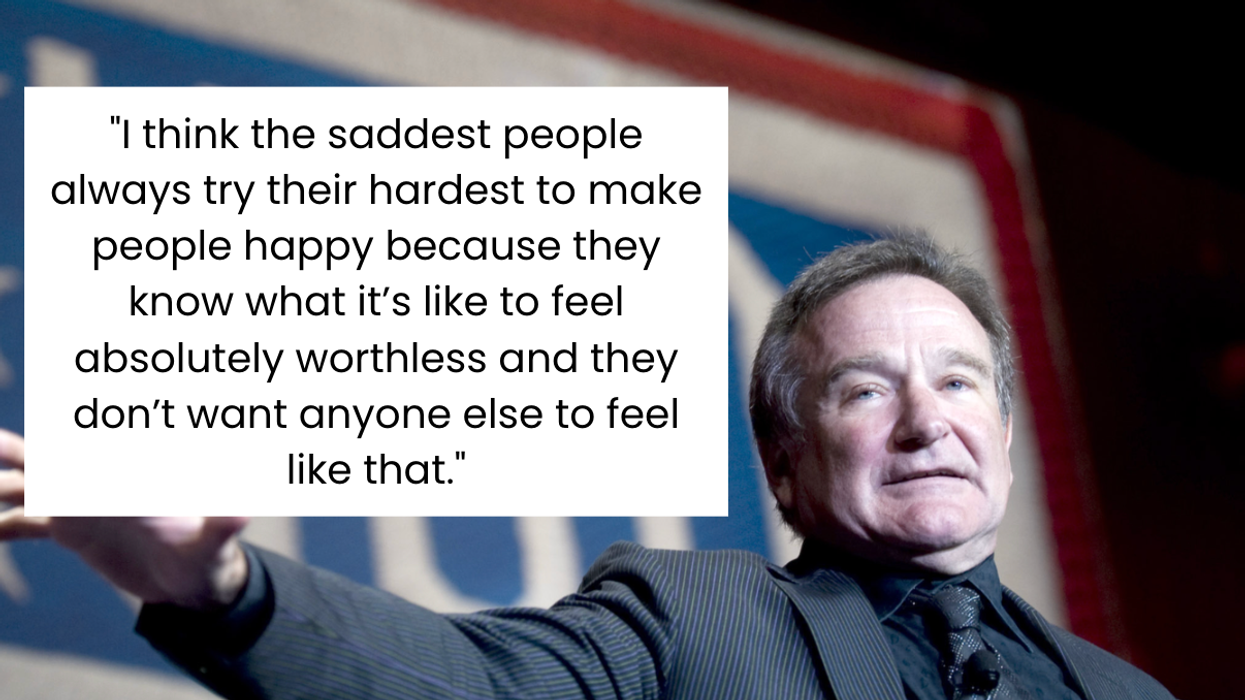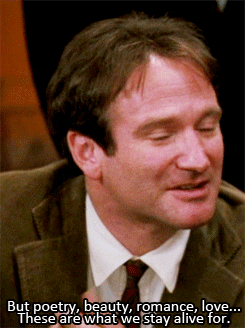Last week, Hungarian swimmer Katinka Hosszú shattered world records with her gold-medal-winning performance in the women’s 400-meter individual medley at the 2016 Olympic Games in Rio. But an NBC reporter quickly deflated her victory by giving her husband and coach, Shane Tusup, credit for the win saying he’s “the guy responsible” for her victory and it’s “impossible” to speak on Hosszú’s success without crediting him. This type of sexist treatment aimed at female athletes is far too common and stems from the idea that female athletes should be treated as anomalies.
Last night, sexism reared its ugly head again at the Olympics when Andy Murray was given credit for a record that had already been set by tennis phenoms Venus and Serena Williams. BBC reporter John Inverdale said Murray was the first person to win two Olympic gold medals in tennis, completely erasing the fact that Venus and Serena Williams both achieved the goal well before Murray. “You’re the first person ever to win two Olympic tennis gold medals,” Inverdale said. “That’s an extraordinary feat, isn’t it?” But Murray was quick to point out that the reporter was overlooking the Williams sisters achievement. “I think Venus and Serena have won about four each,” Murray replied.
But this isn’t the first time that Murray has called out sexism in tennis. Last year, he referred to himself as a feminist in a blog post for French sports daily L’Equipe. In the blog Murray detailed the unfair criticism that his coach Amélie Mauresmo faces because of her gender. “She’s the one who’s taken the heat,” Murray wrote. “Her competence was always under fire.” But Murray doesn’t believe the stances he’s taken are anything more than good common sense. “Have I become a feminist? Well, if being a feminist is about fighting so that a woman is treated like a man then yes, I suppose I have,” he wrote in L’Equipe. “My upbringing means that I’m quite attuned to the whole thing. I came to tennis thanks to my mother. I always had a very close relationship with my grandmothers.”

















 Robin Williams performs for military men and women as part of a United Service Organization (USO) show on board Camp Phoenix in December 2007
Robin Williams performs for military men and women as part of a United Service Organization (USO) show on board Camp Phoenix in December 2007 Gif of Robin Williams via
Gif of Robin Williams via 
 People on a beautiful hike.Photo credit:
People on a beautiful hike.Photo credit:  A healthy senior couple.Photo credit:
A healthy senior couple.Photo credit:  A diverse group of friends together.Photo credit:
A diverse group of friends together.Photo credit:  A doctor connects with a young boy.
A doctor connects with a young boy.  Self talk in front of the mirror.Photo credit:
Self talk in front of the mirror.Photo credit:  Lightbulb of ideas.Photo credit
Lightbulb of ideas.Photo credit 

 Superstructure of the Kola Superdeep Borehole, 2007
Superstructure of the Kola Superdeep Borehole, 2007 

